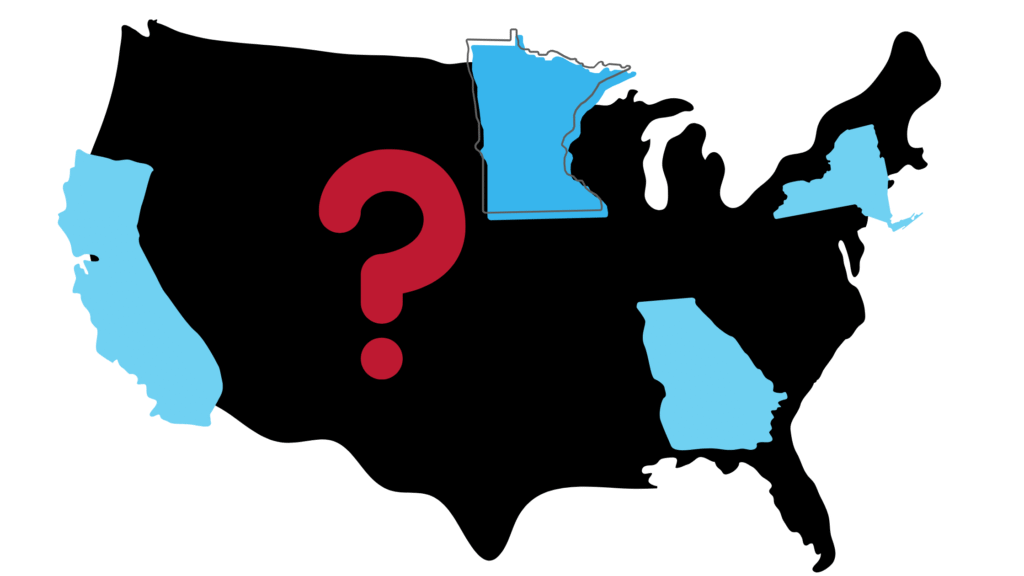Homeschooling, Learning
Homeschool Laws Differ by State – What Parents Should Know
Homeschooling is legal in all 50 states in the U.S., but the rules about how to do it legally can be very different depending on which state you live in. To illustrate what this looks like, let’s compare Minnesota, Georgia, California, and New York. Then I’ll share what you can do to stay on the safe side of the law.
Minnesota
Families must ensure annual standardized testing, and subjects such as math, science, language arts, and social studies must be covered. Parents are also expected to keep records to show progress. If the parent isn’t conducting the homeschooling, they can only hire a licensed teacher.
Georgia
Parents file a yearly Declaration of Intent to homeschool and must provide the equivalent of 180 instructional days. Students also take nationally standardized tests every three years starting in third grade.
New York
This is one of the most highly regulated states. Parents submit an Individualized Home Instruction Plan (IHIP), quarterly reports, and annual assessments. The paperwork load is heavy, but it helps parents stay highly structured.
California
Homeschooling families can choose from several options, including establishing their own private school, enrolling in a private school satellite program, or working with a public charter that supports independent study. California offers flexibility, but families need to carefully decide which path best fits their child’s needs and keep detailed records either way.
What Parents Can Do to Understand Their State’s Laws
-
Locate Your State’s Official Homeschool Law Page — This is often on your State Department of Education website. It’s the best source for the most current requirements.
-
Join Local Homeschool Groups — Families who live where you do will know how law is actually applied locally. Groups often share templates, forms, community advice.
-
Get Reliable/Legal Help if Needed — Organizations like HSLDA (Home School Legal Defense Association) or state homeschool associations can provide legal summaries, forms, and in some cases, free advice.
-
Keep Good Records — Even if your state doesn’t ask you to submit everything, keep copies of things like your annual plan, progress reports, test scores, attendance, and curriculum lists. These can help you later (for college, for moving states, or if someone questions your homeschooling’s legality).
-
Review Colleges’ Requirements Early — If you plan for college, check what colleges in your region expect from homeschool transcripts, testing, or proof of work. Different colleges may have different expectations.
Homeschooling gives families tremendous flexibility, but with flexibility comes responsibility. The guidelines in every state are different in how strict or detailed they are. By knowing them ahead of time, keeping good records, and being proactive, you can homeschool confidently and avoid surprises.



